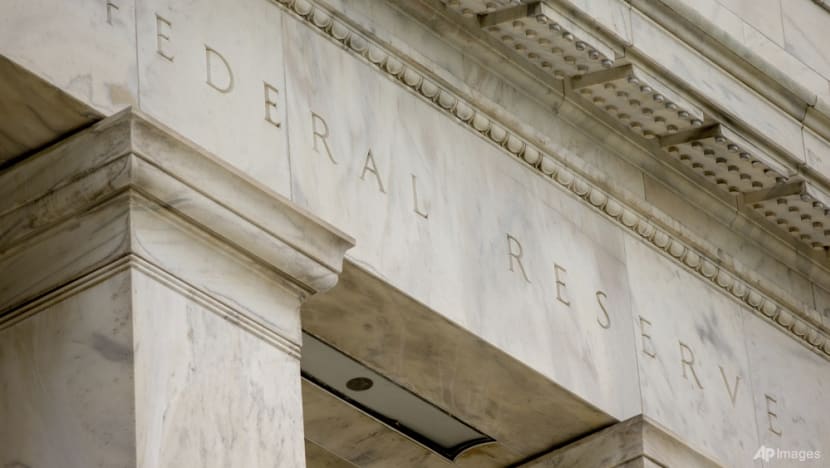NY Fed finds mostly stable inflation expectations in January

FILE - The Marriner S. Eccles Federal Reserve Board Building, June 19, 2015, in Washington. (AP Photo/Andrew Harnik, File)
NEW YORK: The US public’s near-term inflation expectations were largely stable in January, a Federal Reserve Bank of New York report found, as respondents to the survey also predicted a notable softening in future spending plans.
The expected level of inflation at both the one-year and three-year ahead horizons was unchanged at 3 per cent last month, the bank said in its latest Survey of Consumer Expectations released on Monday (Feb 10), while the expected level of inflation five years from now moved to 3 per cent from 2.7 per cent in December.
January also saw the public predict bigger future price rises for food, gasoline, rent, college and medical costs, while home price expectations increased to 3.2 per cent from December’s 3.1 per cent.
The New York Fed report's relatively benign view on the future path of inflation comes just after a report on Friday from the University of Michigan that found a very sharp rise in year-ahead expected inflation, which rose from 3.3 per cent in January to 4.3 per cent in February, amid a broader drop in overall consumer sentiment levels for the month.
The New York Fed survey data was collected through the month of January whereas the Michigan survey period moved into early February.
Fed officials believe the expected level of inflation has a strong influence on actual price pressures and have flagged stable expectations as part of their confidence inflation will ultimately return to the 2 per cent target.
In a separate report on Monday, the Cleveland Fed said that in the first quarter, top business executives expected weaker inflation pressures over the next year, with the predicted change in the consumer price index falling to 3.2 per cent from 3.8 per cent in the final quarter of 2024.
The New York Fed report found a bit of a mixed bag on the consumer front. In January, the expected change in future household spending moved down to 4.4 per cent from December’s 4.8 per cent, for its lowest reading since January 2021. The report noted, however, that reading was still above where it was before the COVID-19 pandemic.
The New York Fed said that as of last month, people's perception of their financial situation had slipped relative to December, while perceptions of access to credit improved.













